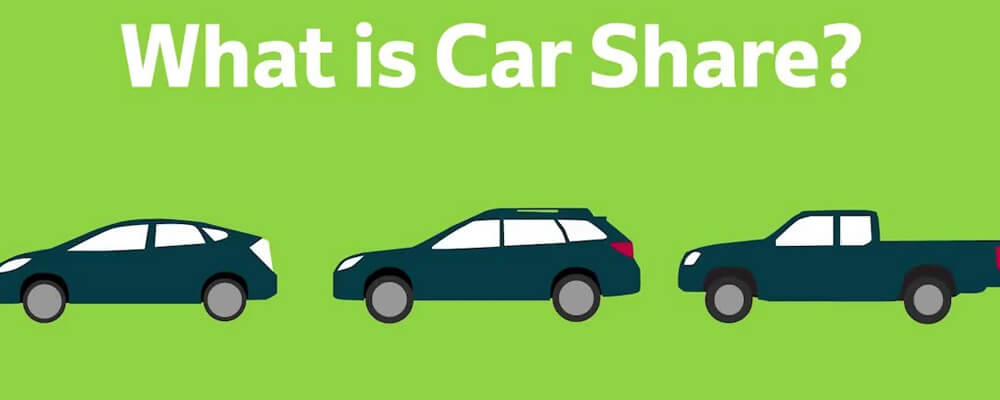Do you want to know what Carsharing is and how it is different from traditional car renting? You are on the right spot to know the answer of this question.
Can you imagine having a vehicle every time you need it and only paying for the time of use? It may sound crazy to you, but it’s not.
In recent years, the carsharing temporary vehicle rental service has become fashionable. If it doesn’t sound familiar to you, don’t worry, in this article we explain what carsharing is and how it works.
In recent years there has been an incessant struggle to minimize CO2 emissions with measures such as restricting the circulation of vehicles according to the degree of emissions and limiting traffic at certain points in cities.
See Also: Is there a Maximum Age to Rent a Car
All of this with the aim of implementing new and more ecological forms of mobility. This is how carsharing was born. A new concept of transport closely linked to millennials.
With this generation has come a new practice of collaborative economy, in which owning a car has less and less presence. You want to know more?
What is Car Sharing
Carsharing literally means ‘shared car’. It is an alternative to the vehicle rental model as we know it today. In carsharing, the user rents a vehicle for a short period of time, be it hours or even minutes.
Thanks to the carsharing system, users pay for the use they give to the vehicle, either for the time or for the mileage traveled.
In addition, customers benefit from an alternative to the private vehicle and, with it, costs associated with ownership such as insurance, taxes, maintenance and cleaning are saved.
How Carsharing Works
To make use of this service, it is necessary to reserve previously through an app, generally, but also through the company’s website or by means of a phone call.
There are two methods of carsharing:
- They have a fixed location where you must pick up and return the vehicle. They need a prior reservation of at least 20 minutes, although this depends on the company with which the service is contracted.
- Free-floating: the vehicles are scattered around the city so that users can use them on any journey. To return them, you simply have to leave them parked.
They are located via a phone app and the keys are inside. You do not usually need a reservation or provide a specific time to stop using them.
See Also: Reason to Rent a Car with Fully Comprehensive Insurance
Most of the platforms that offer this service offer small electric cars, which are ideal for moving quickly around the city.
Advantages of Carsharing
Opting for the carsharing service will allow you to enjoy a series of advantages. Economy and ease of use are the two that stand out the most. But they are not the only ones.
- Savings in Expenses: you do not need to have your own vehicle, which leads to significant savings in maintenance, insurance, fuel. You only pay for the time you use the vehicle
- Time Savings: By reducing the number of vehicles in circulation, you reduce traffic and therefore travel time. This also increases the availability of parking spaces.
- Reduce Pollution: if there are fewer cars on the road, CO2 emissions decrease.
- Depending on the modality, there is the possibility of leaving the car at any point in the city.
Differences between Carsharing and traditional Car Rental
Although carsharing is a temporary vehicle rental, there are a number of differences with respect to traditional rental that must be taken into account:
- In carsharing you pay only for the use made of the vehicle, either by kilometers traveled or by hours. In the case of traditional car rental, the rates are based on the days you need the vehicle.
Traditional rental companies usually have physical headquarters where they can formalize the contract.
See Also: Must Have Essential Accessories for Rental Car
In the case of carsharing, they work mostly through an app and it is very rare to find physical locations.
What does Carsharing Insurance Cover?
The companies that offer this service have everything related to vehicle insurance covered. In other words, they have civil liability insurance, which is essential for a vehicle to circulate.
In the case of damages to third parties, the insurances have a franchise, the amount of which depends on the company with which the shared car is contracted.
In addition, it must be clear that, although carsharing insurance is fully comprehensive, some damages such as theft or theft of personal belongings inside the vehicle are not covered.
Likewise, some companies do not include the repair of punctures or broken tires or damage to the windows and even do not include roadside assistance.







